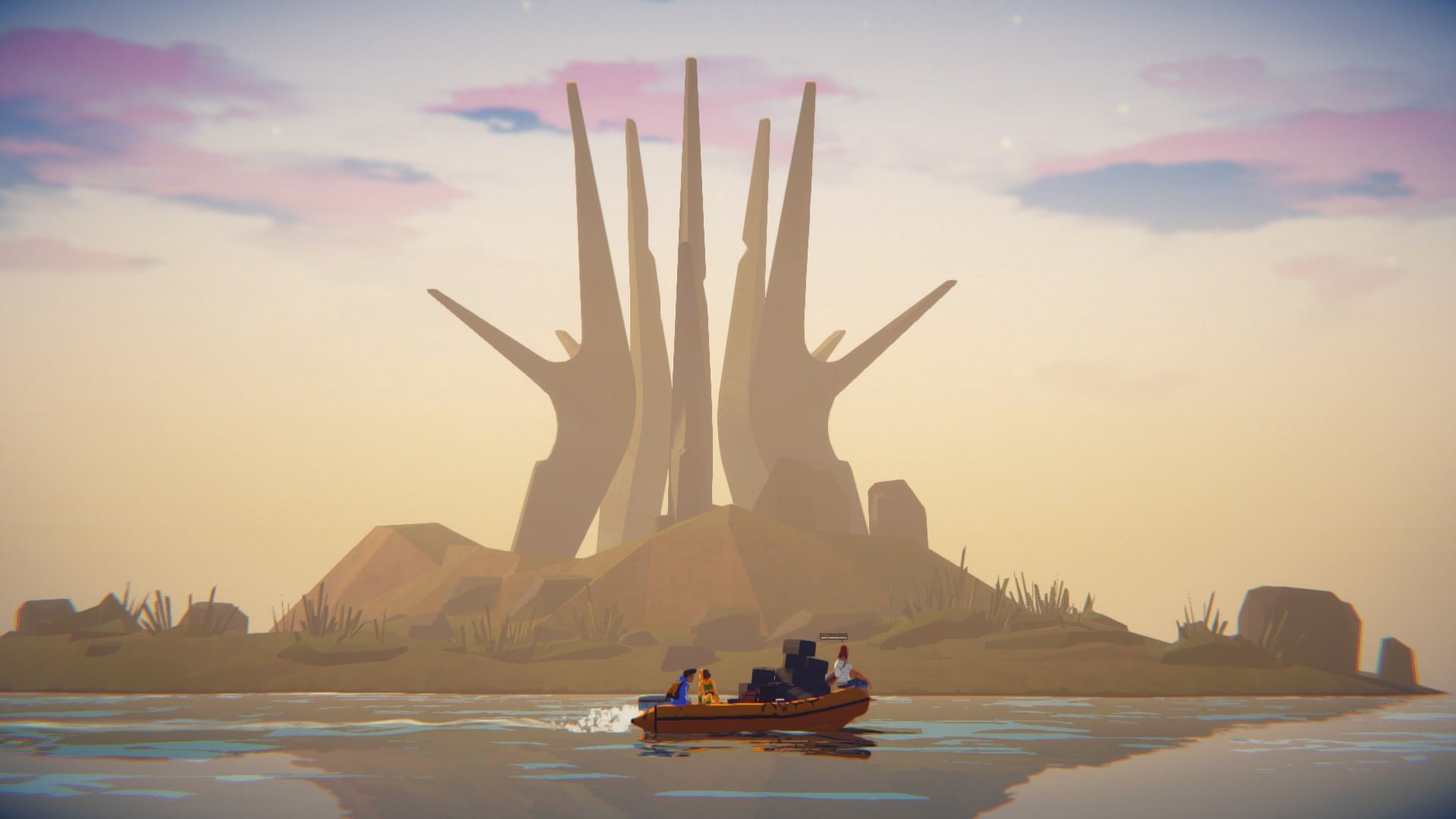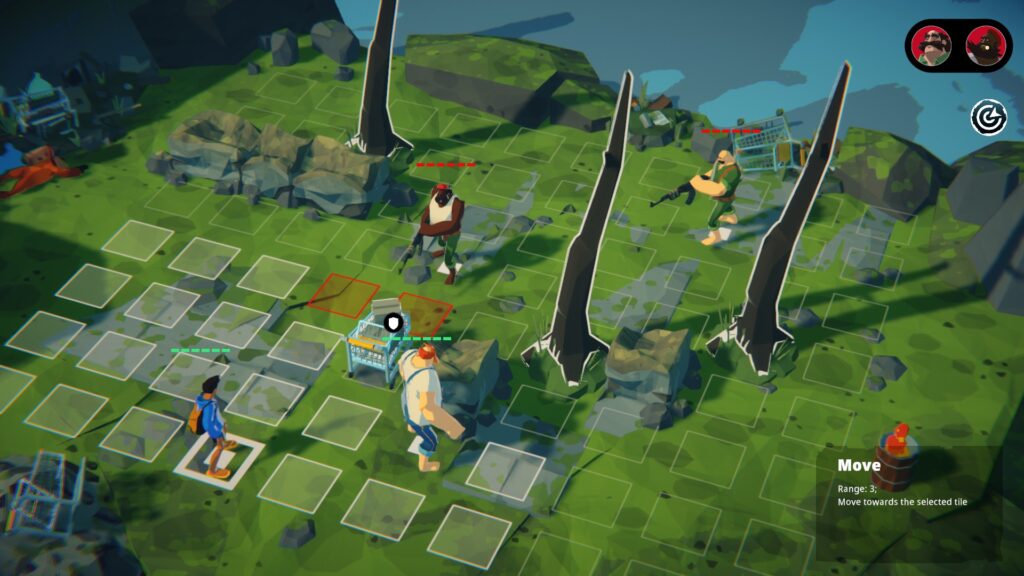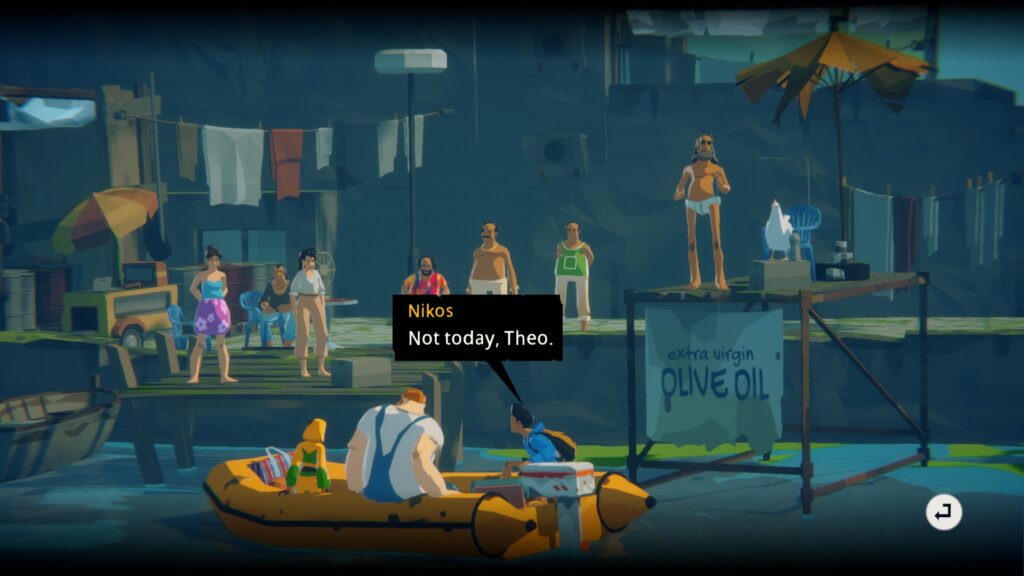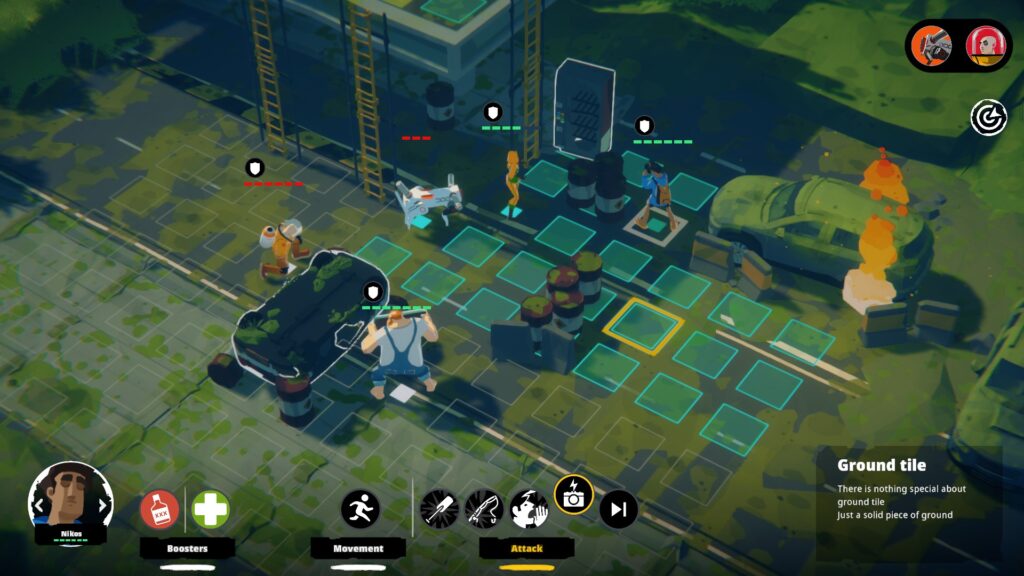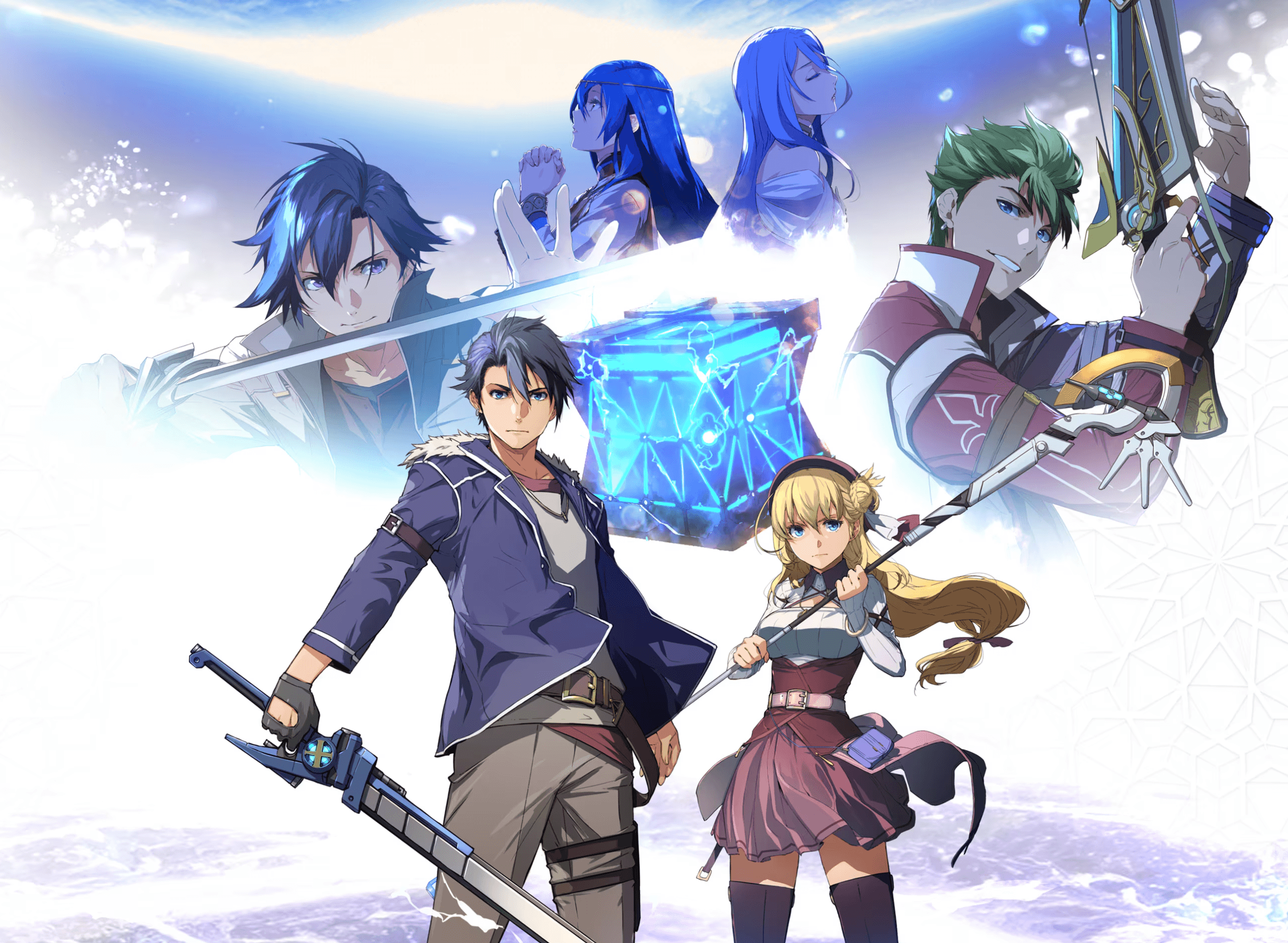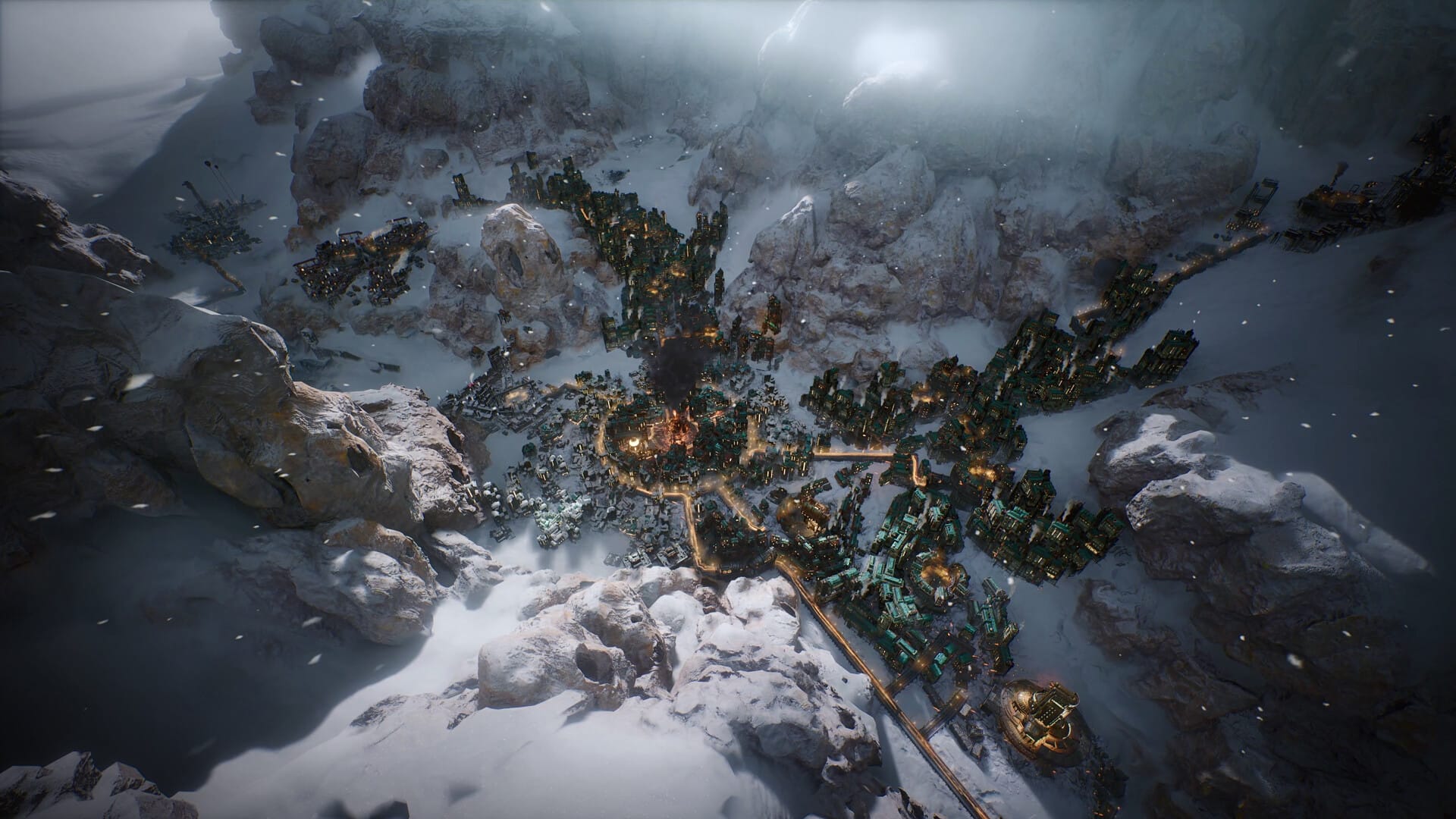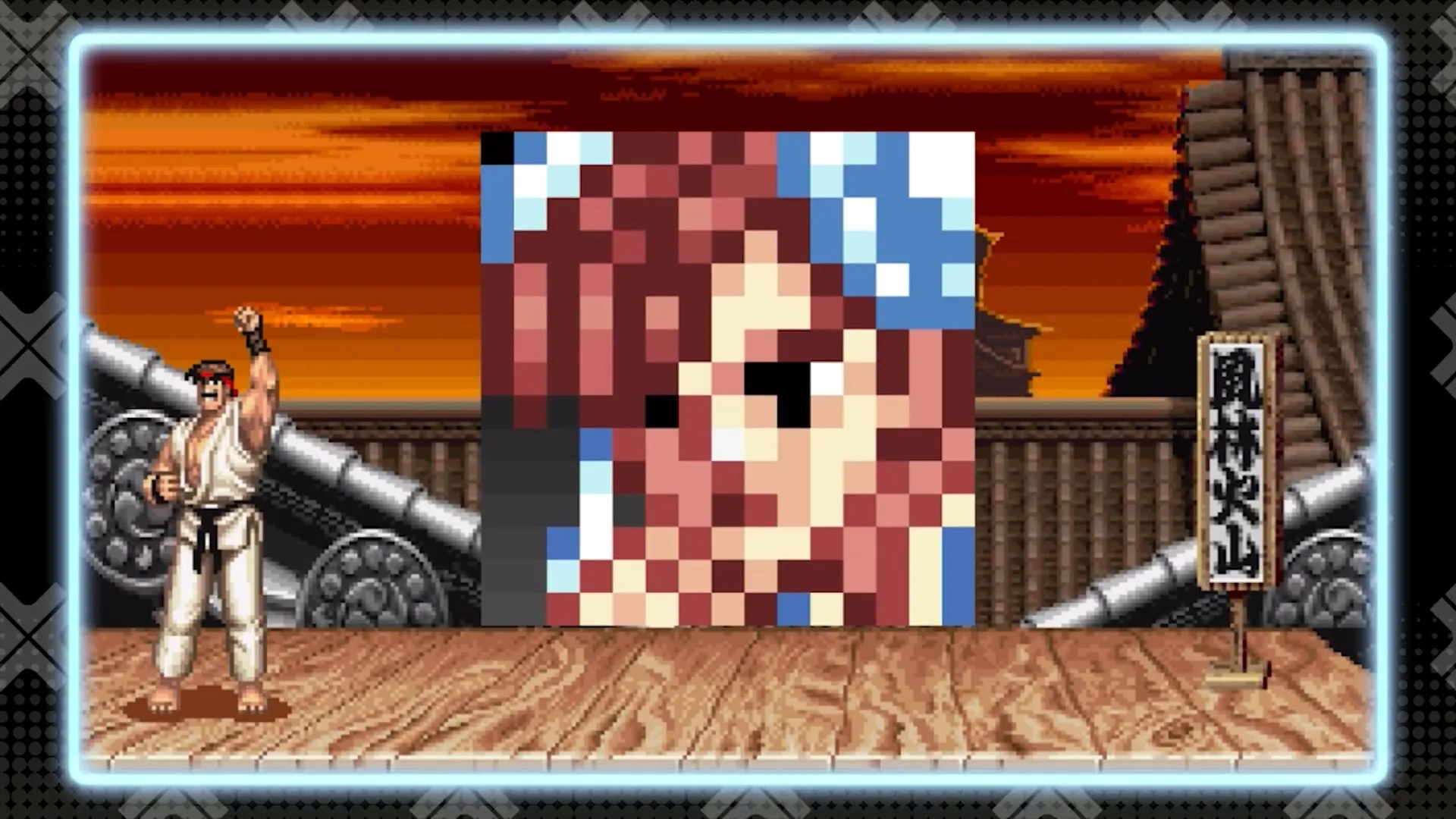Most of us are slowly coming to terms with the fact that our economic and political system is driving us headlong towards an inhospitable climate for human and animal life across vast areas of the world. Much of central Africa, the Middle East and India will become unlivably hot during the summer months, with temperatures pushing towards 50°C. At the same time, vast parts of low-lying areas will flood due to rising sea levels, as a result of the melting of global sea ice. The idea of uncontrolled and global sea level rise has been explored before such as in the Kevin Costner film Waterworld, but also in video games such as the enjoyable Submerged. Highwater is another such adventure, set in a flooded city where civilization is struggling to keep going.
You play as Nikos, a poor teenager who has dreamed of reaching Alphaville (a protected colony for the ultra rich) and potentially fleeing off-planet to Mars, as has been rumoured. He pilots his small dingy (named Argo, after Jason and the Argonauts) around the flooded streets of an unnamed but vaguely European city, filled with ruined brutalist architecture and half submerged billboards. On his journey to Alphaville he’s joined by a number of companions, some temporary and some more permanent. The writing is good but the story is fairly slight, with vague references to groups of insurgents who fight against Alphaville, but it doesn’t delve too deeply into the lore of its setting. Each level’s map is an annotated map of the old subway system, now converted into a series of waterways.
Alongside sailing your boat around the flooded city, the predominant part of the gameplay is a stripped down turn-based strategy in the vein of XCOM: Enemy Unknown. You position Nikos and his friends on a board against a group of enemies, and then engage in a relatively brief tactical battle. There are no hit chance percentages; so long as you’re in range of an enemy or they’re in range of you, then you will hit them. Each character can be equipped with a few boosters, some permanent and some temporary, which will give you an extra edge in battle, such as being able to move more squares or getting a mid-battle boost to health.
Although navigating around the ruined city is pretty and can be atmospheric, accompanied by some nice indie rock from the radio station “Highwater Pirate Radio”, it feels a little pointless since it’s not a real open world. Each level is segmented from the other, and each location you can actually visit is marked on your mini-map. Most are mission-critical but a few are optional, which might contain some collectible newspapers, books or indeed a bit of combat. This means the game is strictly linear, despite appearances otherwise. While Submerged is a very different game structurally, its open world city felt interesting to explore even though most of it was non-interactive.
The turn-based battles are fine, but just feel a little basic, especially once you get access to a character who allows you to take out several enemies one after another using her berserker ability. Indeed, I began to approach the battles more as puzzles and less as turn-based strategy, as it seems most of them have a “correct” way to beat them, rather than allowing the player to devise their own plan of attack. As your characters are healed back to full health after a battle, even if they are killed, you can play pretty fast and loose with characters, accepting that some might die so long as one remains to finish the job.
Visually the game has a very picturesque and charming aesthetic despite the post-apocalyptic setting that reminded me a fair bit of Kentucky Route Zero, with its low-poly people without any visible mouths or eyes. As mentioned the indie music radio soundtrack is very nice, and likewise the music that plays during battles is also enjoyable. I did find controlling Nikos dingy a little frustrating, as it has a very wide turning circle and a very low reverse, so if you accidentally overshoot where you’re going, it takes a while to turn around again.
Highwater has some decent writing in its story (no voice acting except the radio announcer sadly), but the combination of light exploration and light turn-based battles simply didn’t engage me enough to particularly feel invested in its world or characters, in the way I think it deserves. I wanted the satire to be a bit more biting, the exploration to be a little more rewarding, and the turn-based combat to be a bit more involved. That said, Demagog Studios have already released two other games in this universe. Golf Club: Nostalgia, a golfing game somewhat inspired by Desert Golfing, and The Cub, a classic 2D side-scroller, both provide additional context to this world, should you be interested to learn more.

